If you thought March’s new car registration figures were dramatic, dropping almost 45% year on year, wait until you see April’s. Word is that over the course of the first week of the month, there were fewer than 200 cars logged on the books, with some car makers having posted literally nothing, suggesting a market that is at least 95% down year on year.
Take a deep, calming breath, though, and perhaps that figure shouldn’t be cause for panic. Maybe it is even astonishing that any cars at all have been registered, given the severity of the lockdown, the mass furloughing of importer and dealership staff and the shift in public attention onto surviving the impacts of the coronavirus, both in terms of immediate health and longer-term finances.
What’s clear, though, is that the situation cannot go on for long if the industry – responsible for employing 1.5 million people across the UK in various guises and worth almost £300 billion in turnover to the UK in good times – is to emerge with any sense of its foundations intact. The cuts have already run deep. It is now a case of pondering how much the world will change and how well the scars will heal.
The key to getting the wheels turning again will be when consumers are ready to engage with retailers and buy cars, something that isn’t easy to predict given huge differences in market conditions globally. Indeed, some UK importers speak privately about their frustration at being beaten up by head offices who cannot get their heads around the standstill in the UK market when other European countries have managed to remain open.
However, China is perhaps the most cited example as it entered – and, as far as is possible to date, exited – the crisis first. There, in the first full month of lockdown, car sales tumbled 80% year on year, but had ‘recovered’ to around 41% down a month later. Better still for an industry anxious for positive news, the upswing was pronounced and continues to gather momentum.


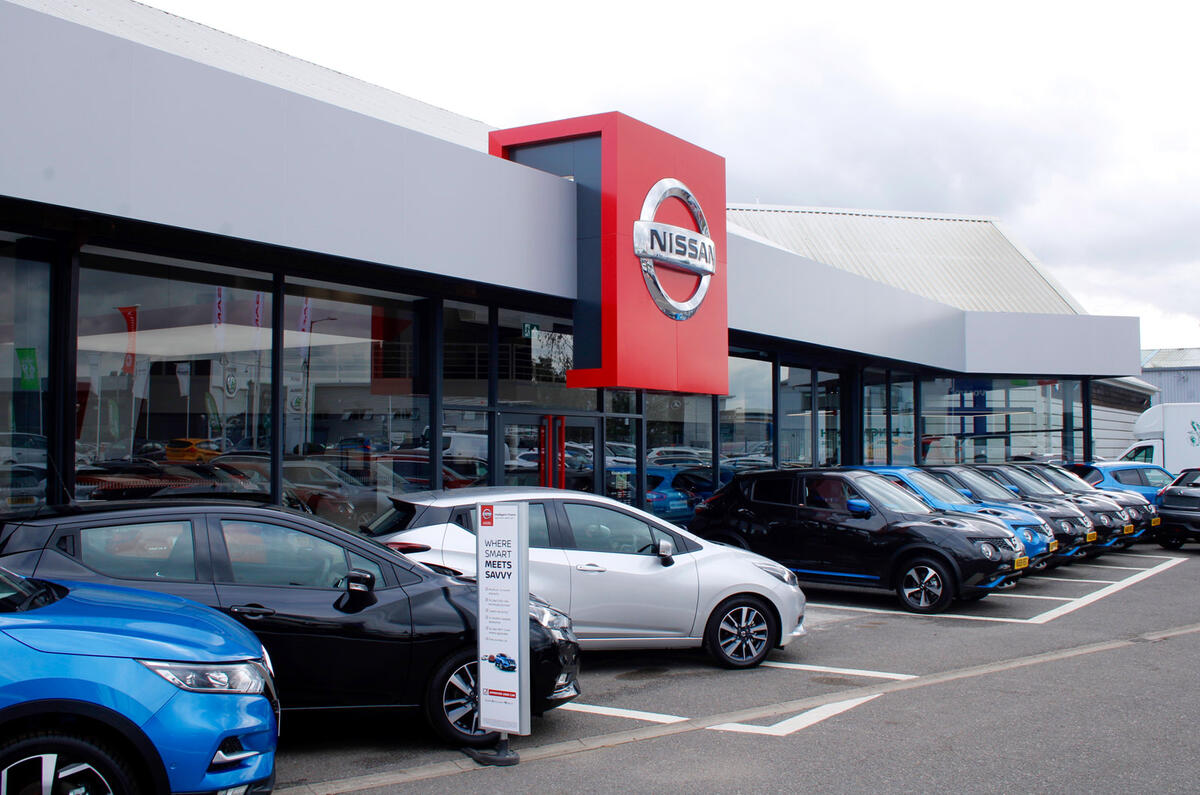
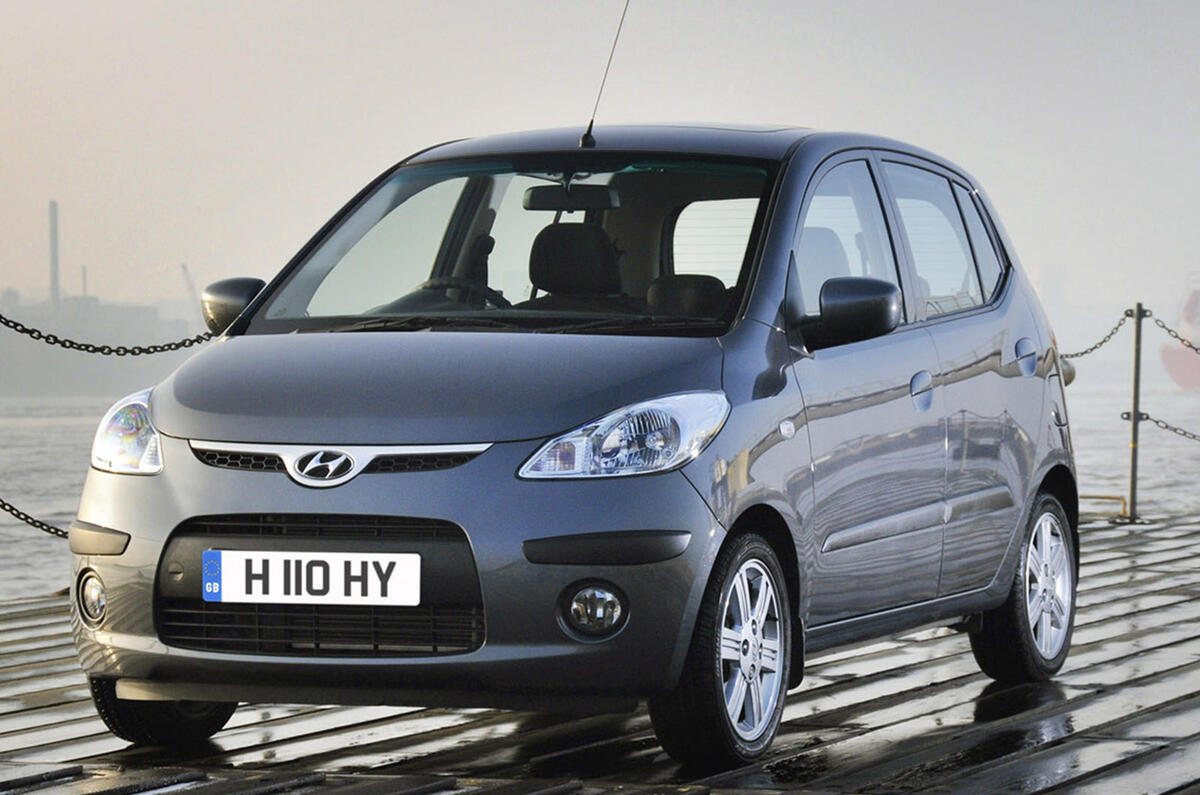
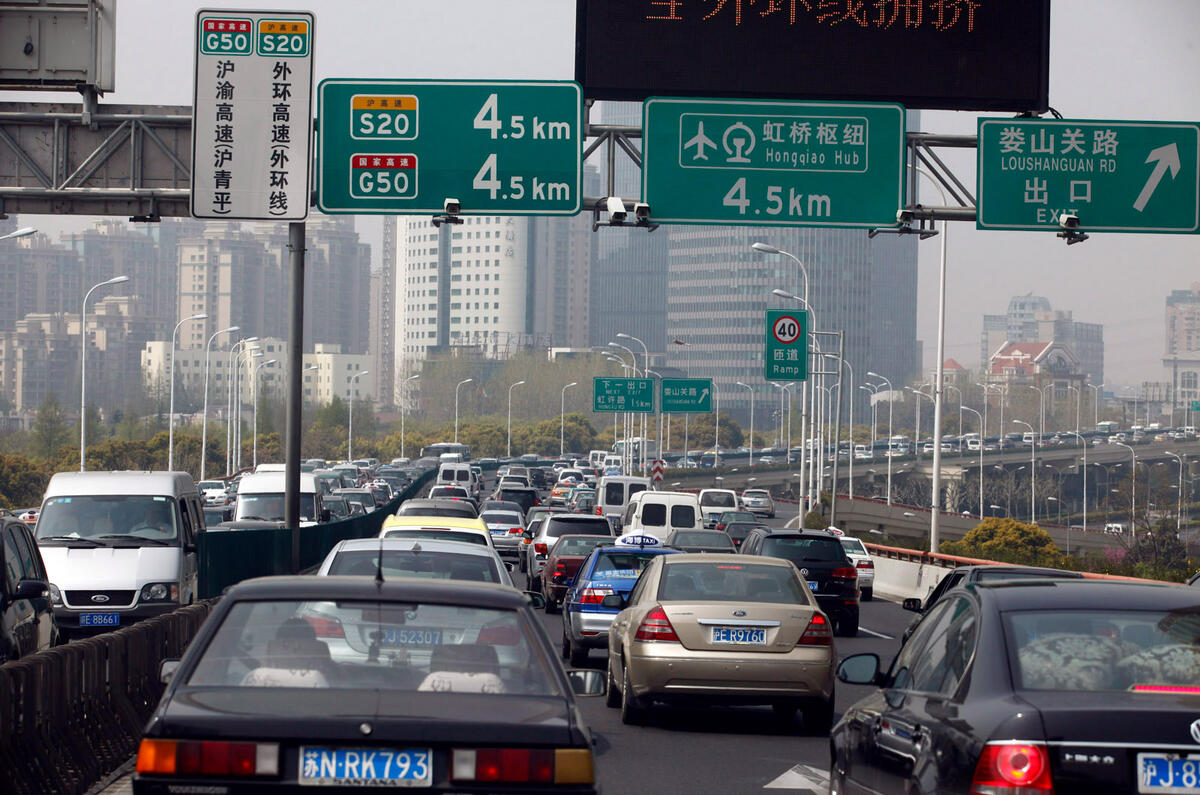
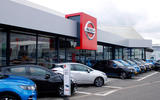
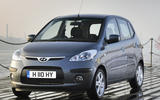


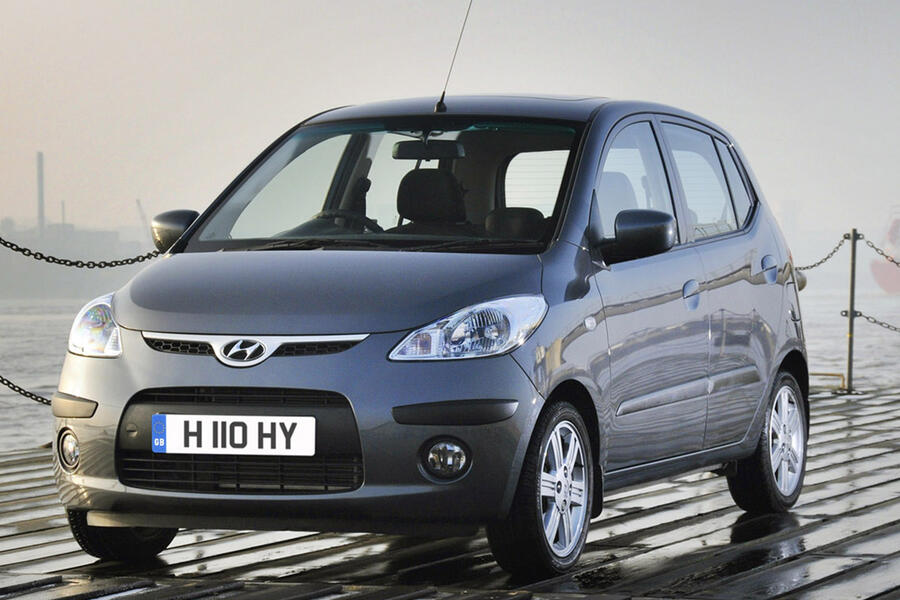

Join the debate
Add your comment
It's just for fun.
Jim still sticking to his demand outstripping supply line so as we're doing bugger all else, let's have an experiment.
Right at this very moment you can buy the following cars taken at random using DriveTheDeal broker. All cars have no added extras, discount is off the basic price.
VW T-Cross 1.0 115 SEL is discounted by £2416
Volvo XC40 2.0 D3 R-Design Pro is discounted by £3159
Peugeot 1.2 Allure EAT8 is discounted by £5617
Merc E Class estate E220d AMG Line Edition is discounted by £11982
( yes that's right, list price is £43710 and you can buy it for £31727. Merc have been heavily discounting E-class by similar amounts for at least the past year. Basically they can't shift them ).
Ford Focus 1.0 125 ST-Line Nav is discounted by £2741
Skoda Karoq 1.5 SEL DSG is discounted by £4479
Lets revisit this page next month or whenever and see what discounts are available. I'm guessing there will be little change, if there is then it wil be greater discounts in an attempt to shift stock.
By the way, when looking at the list prices, the VAG brands were saying buy before 30th April to beat the price increase. Karoq increasing £455 on average but the T-Cross was increasing by an unbelievable £755 on average! Based on that info, you may find both the VW and Skoda increase their future discount.
Yes ...the £755 increase on
Yes ...the £755 increase on the T Cross is a lot but this may be the first of several price rises as manufacturers increase their price to cover the fines because their emissions don't meet the 95 g Co2.Look how VW increased the price of the 'facelifted' Up !
scotty5 wrote:
I wonder is Mike Hawes is leaving the SMMT, and if Jim is after the job. Based on this and yesterdays articles he seems fully qualified to take over should Mr Hawes step down
I suspect Scotty5 is right, these discounts are not going anywhere.
It may take a while...
...but eventually we will be back in the same situation as we were not so long ago: Too many manufacturers, too much production capacity, too many dealerships, and too many people buying on credit.